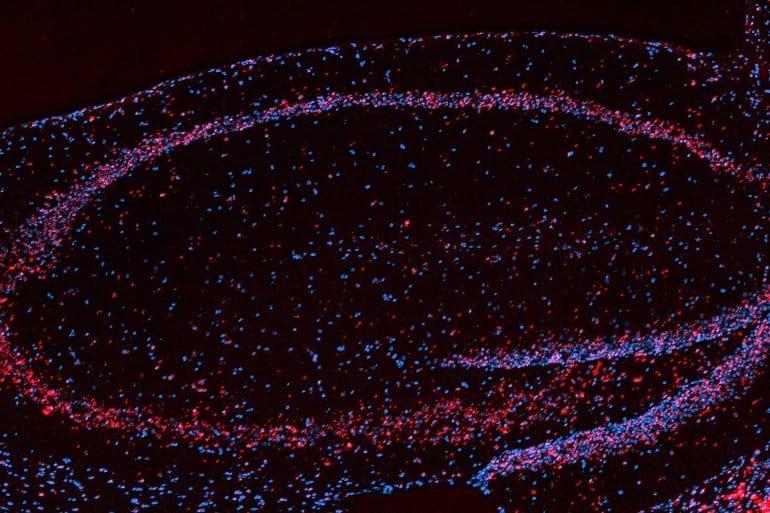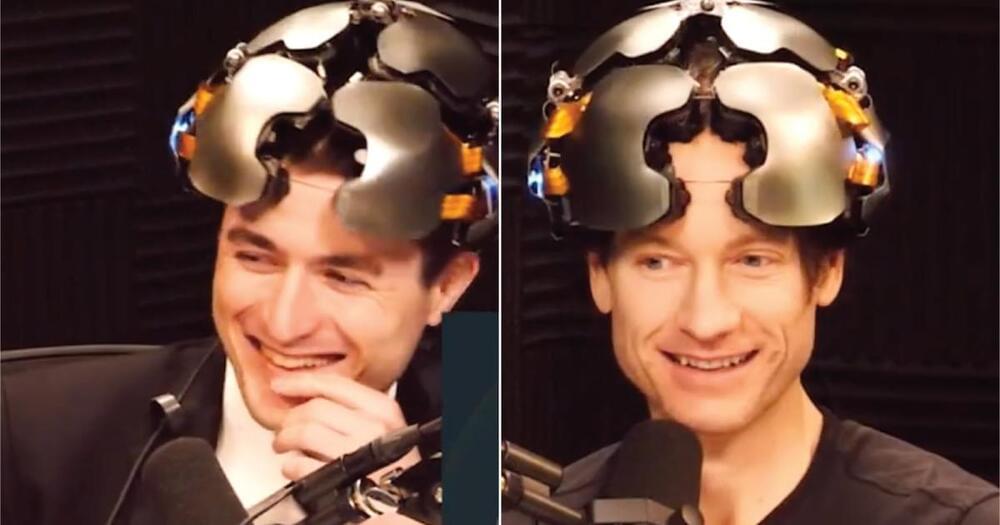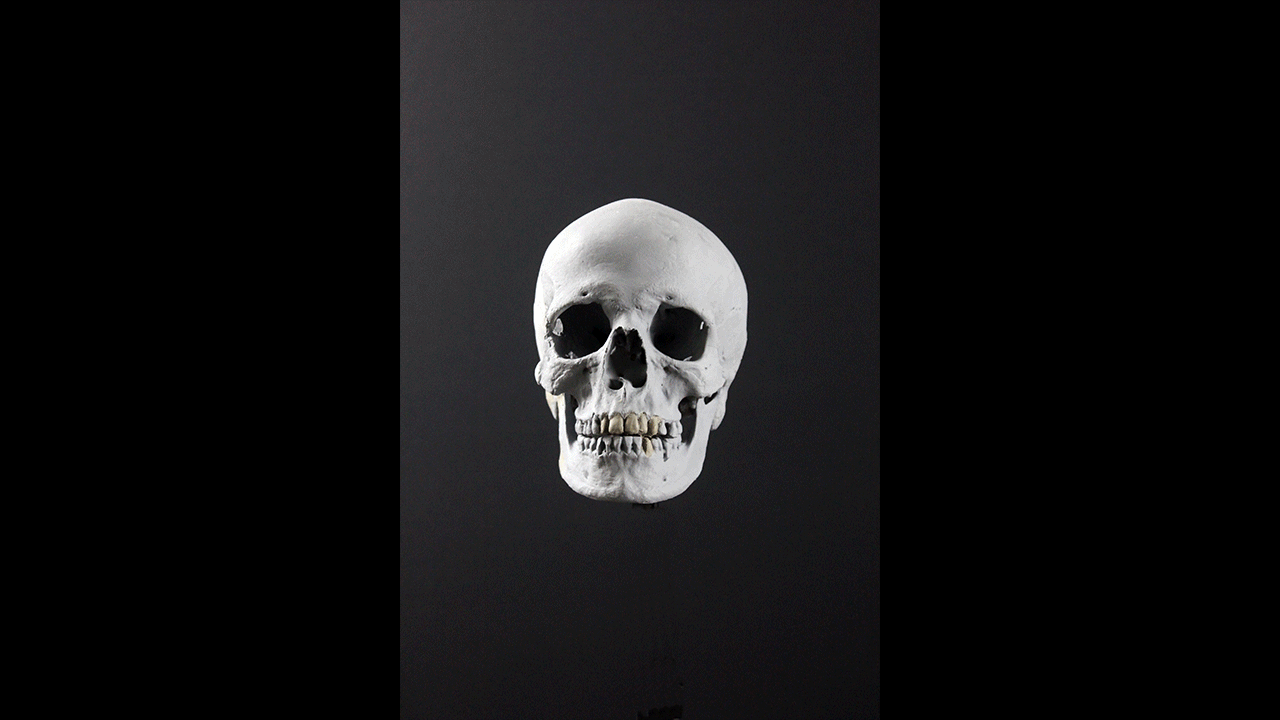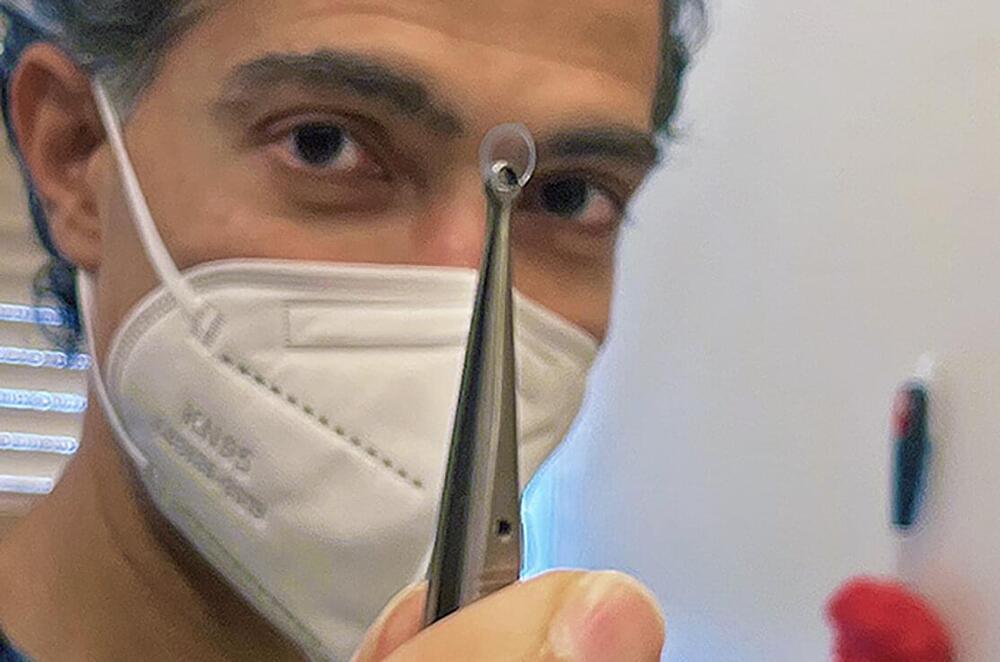Brain research has in recent years indisputably entered a new epoch, driven by substantial methodological advances and digitally enabled data integration and modeling at multiple scales – from molecules to the whole system. Major advances are emerging at the intersection of neuroscience with technology and computing. This new science of the brain integrates high-quality basic research, systematic data integration across multiple scales, a new culture of large-scale collaboration and translation into applications. A systematic approach, as pioneered in Europe’s Human Brain Project (HBP), will be essential in meeting the pressing medical and technological challenges of the coming decade.








